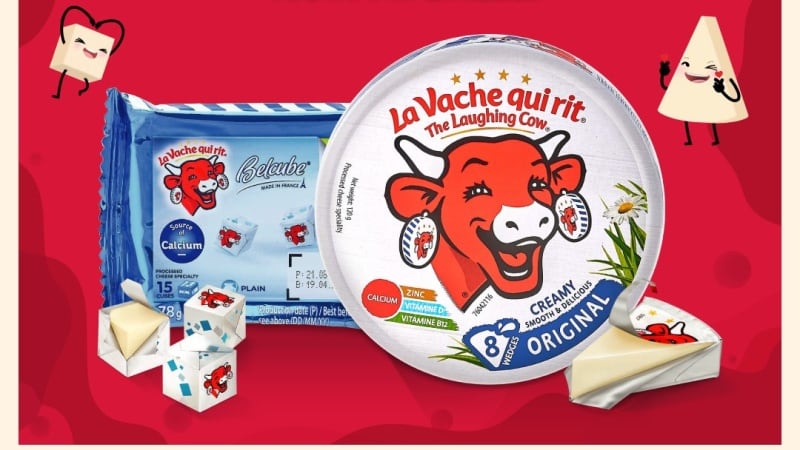Cultivated meat in Singapore: After huge fanfare, does the future look more challenging amid ‘funding winter’?
The cultivated meat sector looks to be in for a long term of funding and growth uncertainty amidst a global ‘funding winter’, even in Singapore which many start-ups in the industry considered ‘the place to be’ from a regulatory and financial perspective.
In recent months the industry has been rocked by revelations that Eat Just had not only paused its ongoing cultivated chicken production in Singapore in both its own and partner facilities, but also halted plans for the building of a separate plant protein production establishment.
Looking at the sector as a whole, experts are urging caution around investment and expectation on returns.
“In the context of a global ‘cooling’ of venture investments, this sector is clearly being impacted by unrealistic promises made by entrepreneurs to their investors,” venture capital consultancy firm ID Capital Founder and CEO Isabelle Decitre told FoodNavigator-Asia.
GMG’s frozen foods brand Farm Fresh diversifies into healthy snacking category to capture Zillennials
UAE conglomerate Gulf Marketing Group (GMG)’s frozen foods brand Farm Fresh has unveiled its latest growth strategy by shifting its focus to healthy snacks, specifically targeting “older Gen Zs and younger millennials”.
Farm Fresh debuted its latest sub-brand called Shnax, which comprises chicken chips in various flavours, at Gulfood in February. Claimed to be made out of 100% chicken, the chips are aimed at “reshaping the snacking landscape, offering consumers a healthier, protein-rich snacking option, and showcasing the company’s growth”.
“In the last couple of months, we talked to our customers and realised that generally, people who consume frozen food products, such as chicken nuggets and fries, are the younger ones who have an interest in music, art, and gaming. They eat these foods like a snack.
“Based on these insights, as well as data from the region and around the world, snacks is the fastest-growing category at the moment. That says a lot about current market trends and where the world of food is moving towards. From an innovation perspective, we recognised the need to reposition Farm Fresh as a brand through our snacking options,” Roy Nasrallah, Vice President of Marketing at GMG, told FoodNavigator-Asia.
Brewing better results: Gryphon Tea Company on why targeted ESG will yield long-term economic benefits
Singapore-based Gryphon Tea Company views its sustainability initiatives as a long-term investment to enhance efficiency and reduce costs, and to give the firm a competitive edge.
According to Lim Tian Wee, founder of Gryphon, one of the primary challenges faced by small and medium-sized enterprises (SMEs) is to align their ESG goals with business growth.
“We acknowledged early on that sustainability and business performance are not mutually exclusive. Many SMEs, including us, often find it difficult to prioritise sustainability when the immediate need is to maintain profitability and growth.
“For us, it is important to incorporate ESG goals into our core business strategy, which calls for a fundamental shift in operations, culture, and values. To do that holistically, we relooked at all our processes to see how we can make them more sustainable. This transition requires significant investment and technical knowledge, and can be particularly challenging for SMEs managing limited resources,” he told FoodNavigator-Asia.
Fruity paradox: Zespri hopes Nudge Theory can increase APAC’s low fruit consumption
Fruit intake in APAC remains well-below the recommended levels, despite around 90% of consumers being aware of its health benefits, says kiwi firm Zespri.
Recent research from the firm found that only about 10% are eating the recommended five daily portions.
“It’s a real paradox,” Zespri Innovation and Sustainability Officer Jiunn Shih told FoodNavigator-Asia. “The World Health Organisation has been urging this rate of fruit and vegetable consumption for over two decades, but we can see that APAC is very far from hitting this recommendation.
“This is so even in [developed markets such as] Singapore – over 50% of Singaporeans today are not eating fruits every day, and 93% of those we surveyed expressed a desire to eat more fruits."
Inclusion and affordability: Why emerging Asian markets risk being sidelined in the sustainability agenda
Developing markets in Asia and Africa risk being sidelined in the efforts to create a more sustainable food system, unless inclusion and affordability are placed front and centre to improve nutrition.
Sustainability has been a major trending topic within the food and beverage industry over the past several years and especially since the onslaught of the COVID-19 pandemic.
But despite its long-term importance, experts now fear that developing markets could be sidelined from any progress if equal emphasis is not placed on the topic of inclusion.
“Whilst transitioning towards low-carbon agrifood systems, certain crucial aspects of food, such as nutrition have been side-lined as carbon emission reduction has been the rallying cry of most stakeholders,” Future Food Asia (FFA) 2024 organiser ID Capital Founder Isabelle Decitre told FoodNavigator-Asia.





